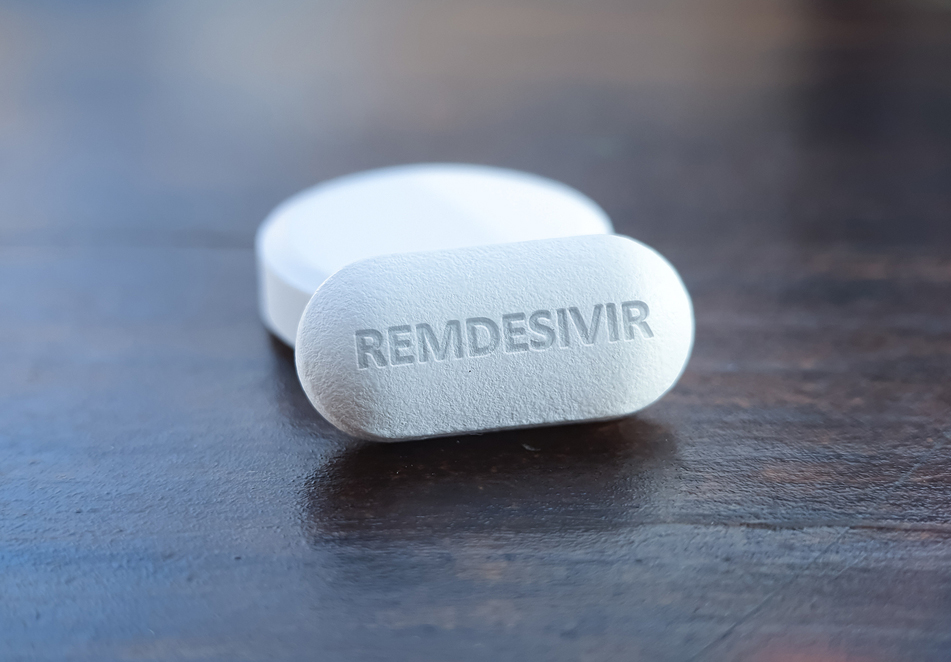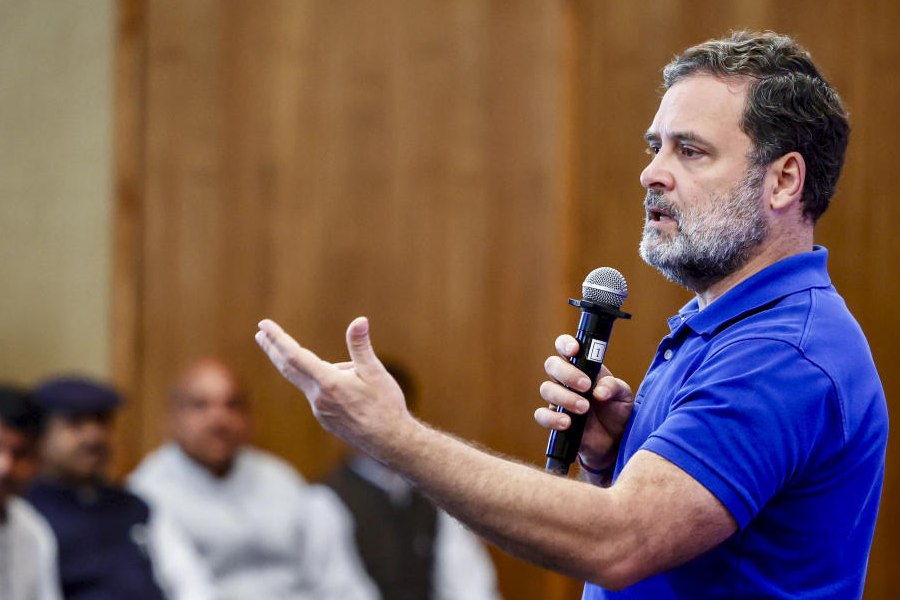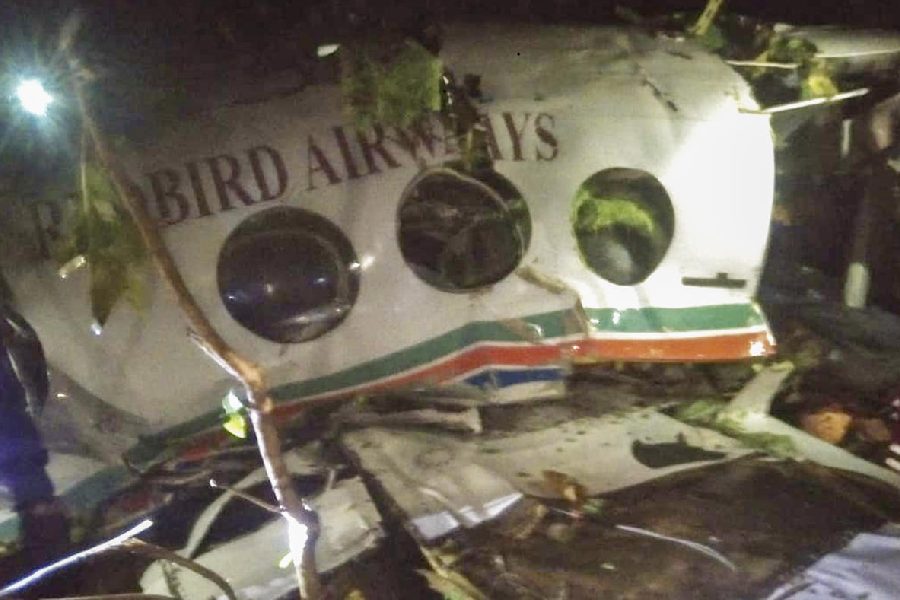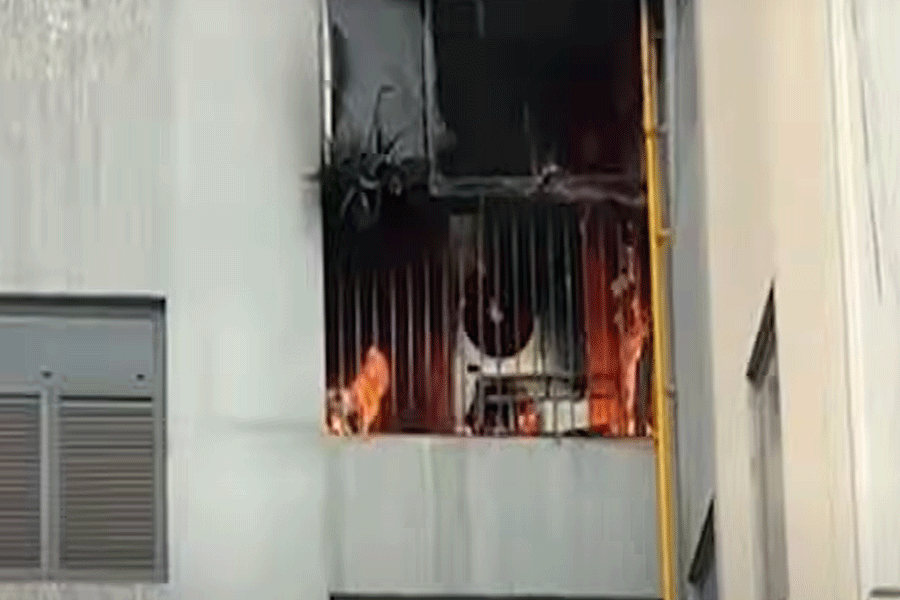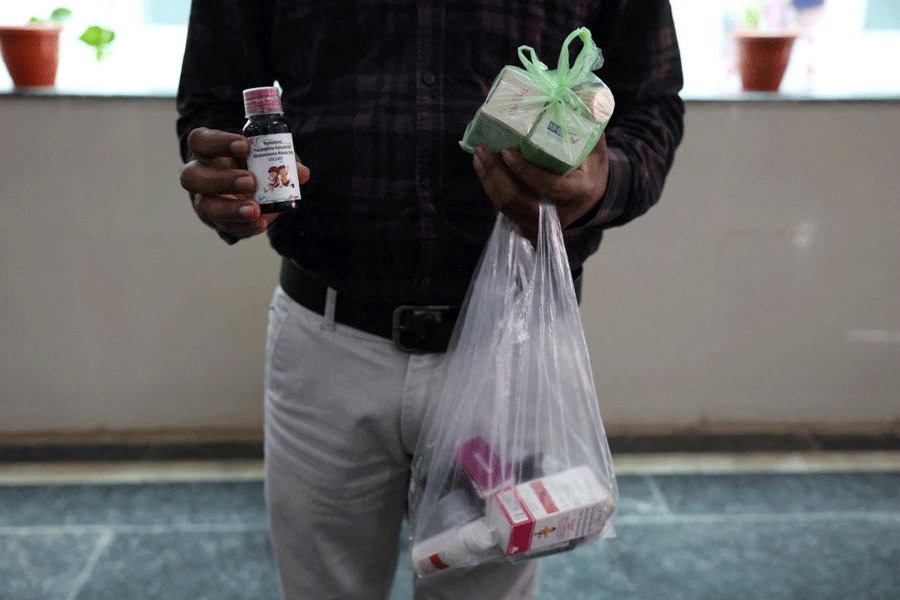US company Gilead Sciences announced on Wednesday it had signed pacts with five generic drug makers in India and Pakistan to expand the supply of remdesivir, a candidate drug for the treatment of Covid-19.
Gilead said the non-exclusive voluntary licensing agreements with India’s Cipla, Hetero, Jubilant Life Sciences and Mylan, and Pakistan’s Ferozsons, would expand the manufacture of the drug for distribution among 127 countries, almost all of them low-income and lower-middle-income.
The list contains a few high-income countries that face obstacles to healthcare access, the company said.
Under the licensing agreements, a Gilead statement said, the companies have the right to receive technology transfer of Gilead’s manufacturing process for remdesivir to enable them to quickly scale up production.
The licensees can set their own prices for the generic product they produce, the company said.
Gilead said the licences would be royalty-free until the World Health Organisation declared the end of the “public health emergency of international concern” on Covid-19, or until a product other than remdesivir or a vaccine was approved to treat or prevent Covid-19.
The US Food and Drug Administration had earlier this month authorised the emergency use of remdesivir for treating Covid-19, saying “it is reasonable to believe that its potential benefits outweigh its potential risks” in patients with severe Covid-19.
However, Gilead’s announcement of the licences has angered some health activists who have underlined that the list of 127 countries leaves out at least 70 countries and territories, including 30 low-income and middle-income nations.
“Corporate interests are driving these agreements, not patients’ interests,” said Leena Menghaney, a lawyer with Medecins Sans Frontieres, an international humanitarian agency.
“Brazil, China, Russia, and even some hard-hit European countries such as Italy and Spain are excluded.”
Menghaney said that although the licences allow sales in India, the Indian government should recognise the possible need for the drug in other low-income countries.
“We’re hoping the Indian government will keep in mind the interests of patients in other low-income countries too,” she said.
A US-based citizens’ interest group called Public Citizen, reacting to the licensing announcement, said Gilead’s agreement appeared to suggest that the company “still wants to control remdesivir”.
“Federal scientists led the team that found that remdesivir was active against coronaviruses. Public investment supported and continues to support every stage of remdesivir’s development,” Public Citizen said in a statement.
“The public has contributed a minimum of $70.5 million to remdesivir’s development... including the ongoing clinical trials around the world.”
Public Citizen has urged Gilead to donate its technology. “Remdesivir should be in the public domain. Gilead should commit its patents, data and knowhow to the public domain so that researchers around the world can investigate its efficacy and manufacturers can help bring supply to scale,” the group said.
Many patients with Covid-19 in India are expected to receive remdesivir as part of global clinical trials to assess its efficacy against the disease.
Doctors who had observed the drug’s compassionate use among Covid-19 patients in the US, Europe and Japan had last month reported that two-thirds of the patients had shown clinical improvement.

